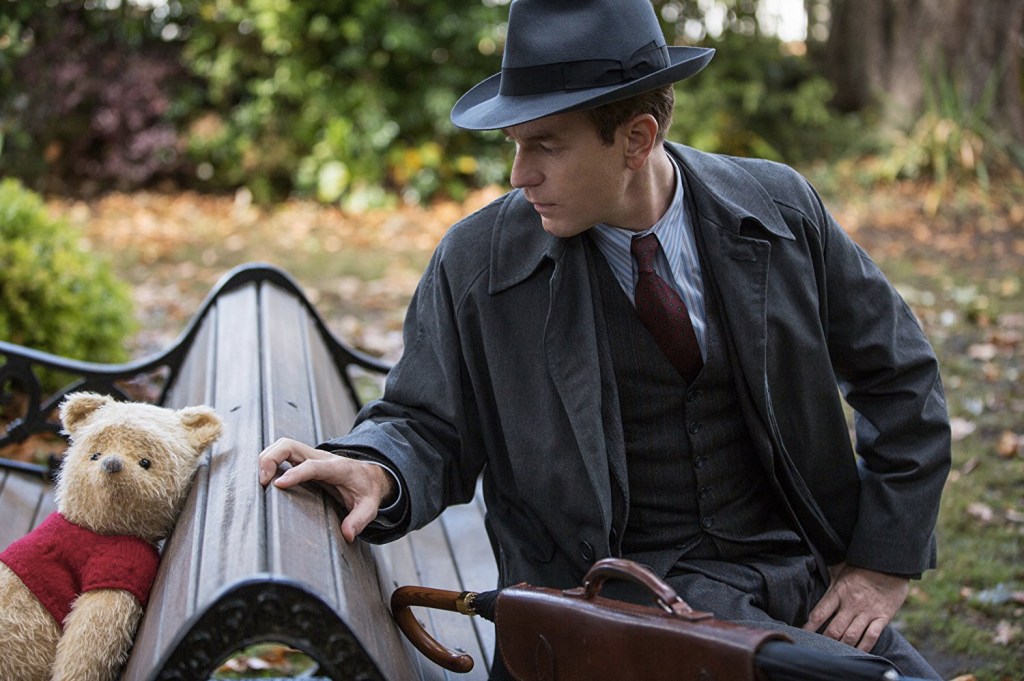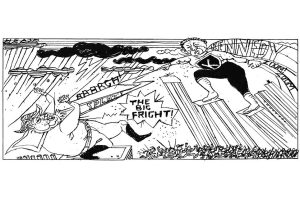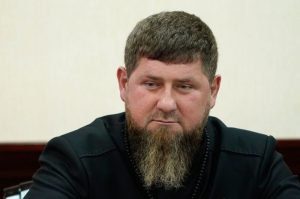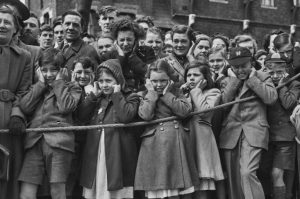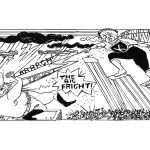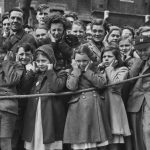Is it good to contact your inner child — assuming, that is, you have one at all? And if you do, how far should you go—throwing tantrums, eating snot, wetting the bed? As an advocate of regression, Walt Disney was right up there with Arthur ‘Primal Scream’ Janov and R.D. ‘The Mad Aren’t Mad’ Laing. At least Yanov and Laing did their best to help troubled adults towards happiness. Disney did his wicked best to drive guilty parents into penury.
Disney, the evil genius, realised that to really make money from children’s entertainment, you had to follow the money. Flatter the breadwinner, and he’ll spend bread on taking the kids to the movies, buying them stuffed toys, and even going to a Disney-themed resort. That’s why Disney’s Peter Pan turns out not to be about the fantasy lives of the children, but the recovery of the father’s inner child. When the mean father George Darling sees Peter’s vapour trail from the nursery window, he remembers how he saw Peter as a boy, and resolves to be more involved with the children. That’s also why Mary Poppins resolves with the father remembering how to play, instead of just working at the Bank all the time so he can cover expenditures relating to his children’s nanny and entertainment budget.
Christopher Robin, Disney’s latest exploitation of the Winnie The Pooh franchise, pursues the strategy of flattering the father to its logical conclusion: a children’s film about a father, made for fathers. There are, of course, adults who candidly enjoy children’s entertainments. Some collect stuffy toys, and keep them in their original packaging. Others, the deluded perverts, attend conventions while dressed as cartoon characters. Disney, of course, was the master of hygienic perversity, the bait-and-switch that quietly satisfies the adult’s fantasy of regression while keeping the kids loudly chuckling and weeping at the wholesome fun. Christopher Robin is pretty slick, but more in the way of a pickpocket than a magician.
Ewan McGregor plays Christopher Robin Milne, a man with a Pooh fetish. All Englishmen are Pooh fetishists, but Christopher Robin cannot escape his obsession. As a boy, he and his stuffed menagerie inspired his father, the playwright A.A. Milne, to write the Winnie-the-Pooh books, as well as the poetry collections — obscure these days, because they can’t be filmed — When We Were Very Young and Now We Are Six. Now Christopher Robin is a father himself, and finds himself in the Disney double bind.
Marc Forster’s film begins in the Hundred Acre Wood, with Christopher Robin leaving for boarding school and saying farewell to his furry friends. In an accomplished exposition, we see him survive boarding school, marry Evelyn, become a father, fight in the infantry, and return a wounded hero. After the war, he finds work as an efficiency expert at Winslow Luggage. All is fine and dull, until the day his wicked boss tells him that the company is in trouble, and that Christopher, the Winslow boy in a man’s world, must compile a list of who should be fired.
The real Christopher Robin Milne had baggage too. He felt, he recalled, a ‘bit dim’ as a child. Did he wonder if he had inspired not just the earnest and decent Christopher Robin character, but also the Bear Of Very Little Brain? The real Christopher Robin failed his Army physical, so his father had to pull some strings to get him in. After the war and Oxford, he lived quietly as a bookseller, married to his cousin, and caring for a daughter with cerebral palsy. After his father died in 1956, his mother didn’t speak to him for fifteen years. He never returned to Cotchford Farm, his childhood home, and he chose to spurn the Pooh royalty stream.
Clearly, it is no fun to become immortal when you’re still alive. Christopher Milne grumbled about having to live in Christopher Robin’s shadow, and wrote a book about it, which was filmed as Goodbye, Christopher Robin. But Milne had better luck than the Llewelyn Davies’ boys who, as the human fuel for Peter Pan, had their lives ruined by the predatory J.M. Barrie. Milne also had better luck than Brian Jones of the Rolling Stones who, exemplifying the narcotized regression of the Sixties, rented Cotchford Farm in 1969 and was found dead in its swimming pool shortly afterwards. Or maybe Christopher Robin Milne was just a bit of an Eeyore, like Ewan McGregor’s character in Christopher Robin.
The extra work means that Christopher is unable to accompany Evelyn and Madeline on a weekend trip to his childhood home, the cottage in the Hundred-Acre Wood. Madeline is heartbroken. Evelyn complains that Christopher has lost his sense of fun and, she intimates, his interest in the conjugal honeypot. Christopher gets down to work, but is rescued by Winnie the Pooh. His erstwhile ursine companion turns up like a longlost frat brother, trashes Christopher’s kitchen, and makes such a nuisance of himself that Christopher has no choice but to take the train down to the country, in order to return the bear to the woods.
Lost in a dark wood in the middle of life’s journey, Christopher stumbles through the mists with Pooh, looking for Owl, Eeyore and the rest of the crew. He falls into a Heffalump Trap, has a hallucinatory dream, and is reunited with his toys for one last night. He returns to London in time for the board meeting, but discovers that Tigger has replaced the documents in his briefcase with twigs, leaves and Eeyore’s tail.
By now, the audience has discovered that the plot did not clamber out of the Heffalump Trap along with the protagonist. The second act is one long midlife crisis, and the third act a wearying chase sequence, as cold and cynical as only Disney can be. The cinematography, though, is lavish, and the metallic rainy exteriors of postwar London are lovely. The CGI animals are, for want of a better word, plush. But this film has as much heart as the Tin Man. There are times when McGregor and Atwell look relieved at being acted off the screen by a stuffed bear.
You can guess how it ends. Christopher Robin contacts his inner child and averts the downsizing. The old men around the boardroom table dance like the bankers inMary Poppins. Christopher Robin, like George Darling in Peter Pan, goes on holiday forever. Fathers who, watching this, wish upon a star that they may be spared the grind may yet find their wish is granted. As automation bites the professions, working fathers may see much more of their children. But it might be hard to keep up with the townhouse, the place in the country, and Madeline’s school fees. Damn you, Walt Disney.
Dominic Green is Life & Arts Editor of Spectator USA.
